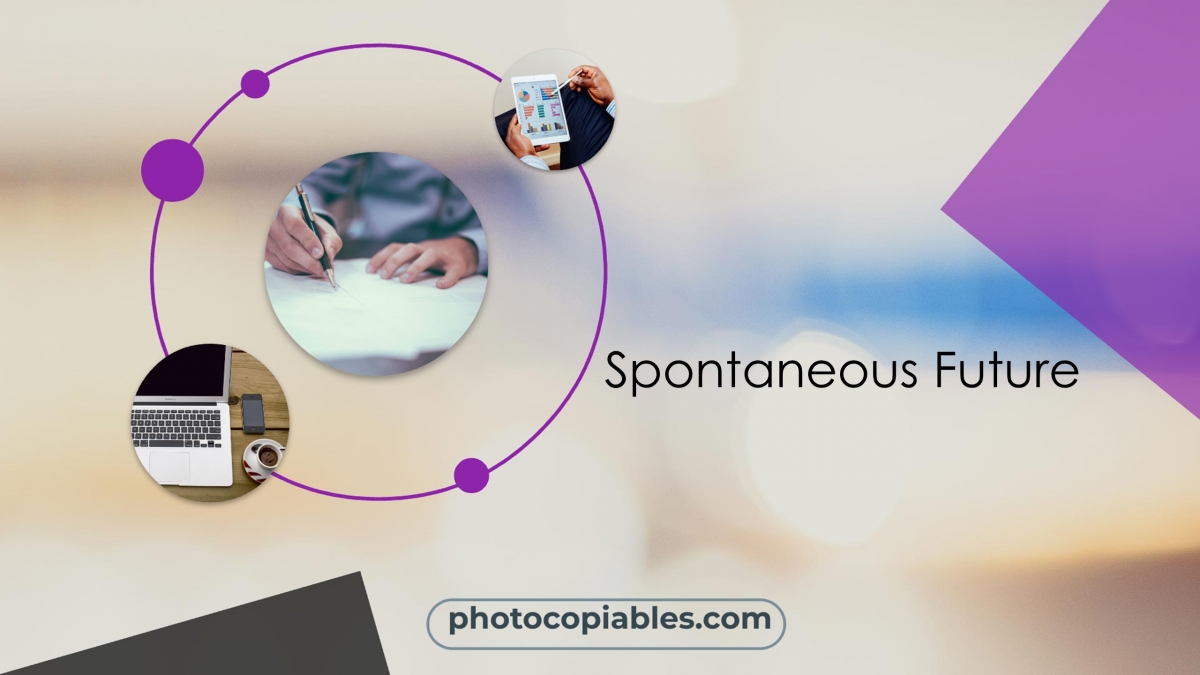Why do we use Future Simple (will)?
Future Simple (will) expresses spontaneity. We use it to talk about decisions made at the moment of speaking. They are usually spontaneous decisions, such as offers, promises or threats. We also use it to talk about predictions without any evidence, such as hopes or assumptions. It is very common to make up sentences with 'I think...' or 'I don't think...', 'I'm sure...', 'I expect...' 'I bet...'.
| Spontaneous Decision Examples | Prediction Examples |
This blue t-shirt looks good on me. I think I'll buy it. (A decisions made at the moment of speaking.) I'll help the old lady cross the street. (A decisions made at the moment of speaking.) Hey, it's really cold inside. I'll turn on the heating for you. (An offer) I'll kill you! (A threat) I'll always love you. (A promise) | I think Robots will play an important role in the future. I don't think it'll be an interesting design. I hope she'll pass all her exams. |
for example… Shall I help you with your maths homework? (a suggestion) Shall we go to the cinema? (an offer) |

 In English, we can also use ‘shall’ to make offers or suggestions. It’s mainly used with ‘I’ and ‘we’.
In English, we can also use ‘shall’ to make offers or suggestions. It’s mainly used with ‘I’ and ‘we’. 




